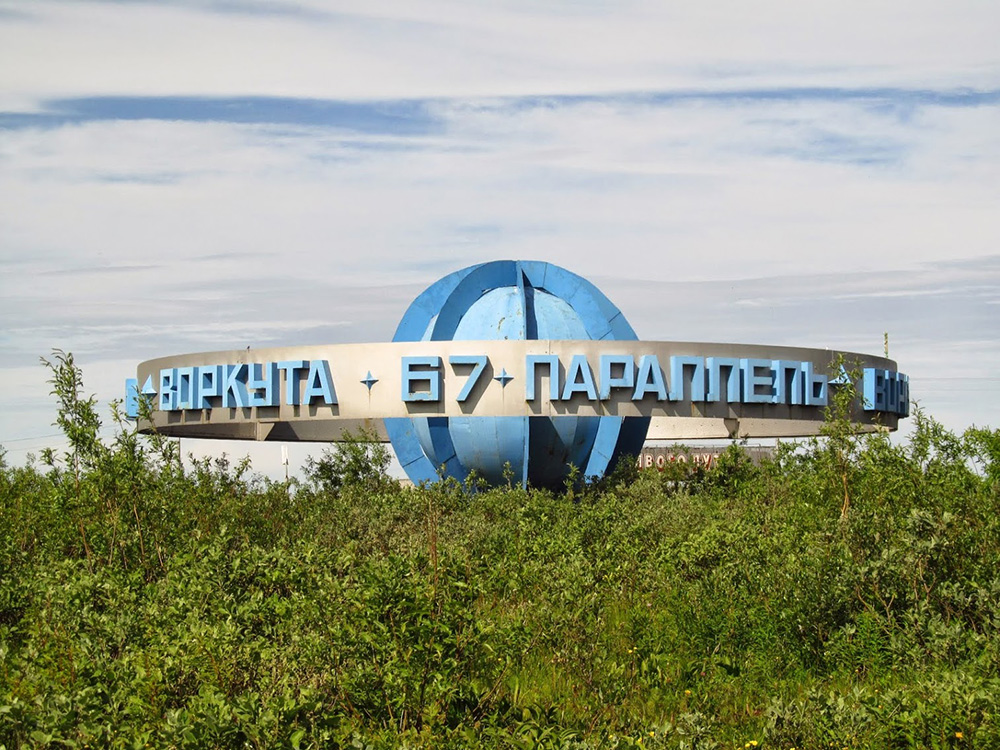
Vorkuta is a unique city in the northeast of the Komi Republic, the most important center of the Russian coal industry. It is the third largest settlement in the Arctic Circle anywhere in the world.
Vorkuta was built in the 1930s next to an enormous coal deposit. The city became home to thousands of people from different parts of the country who moved to Vorkuta both on their own and against their will: from the 1930s to the 1950s, one of the largest camps of the Gulag prison system was located here.
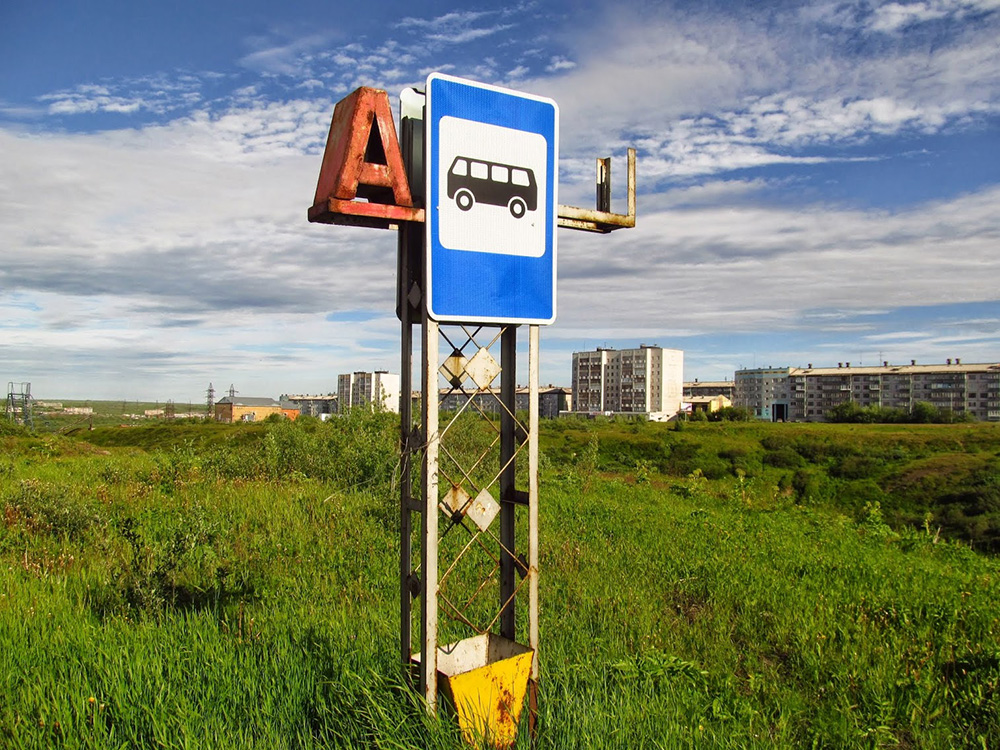
In Soviet times, Vorkuta's population exceeded 100,000 people, although now it has decreased to about 60,000, a consequence of the global decline of the coal industry. Most city residents’ lives are connected with the work of local coal mines.
"I've lived here since birth for almost 50 years," says Viktor Filippov, an engineer in the largest coal mine in Vorkuta. "My father was born here, too, but my grandfather was a native of Belarus. He was an architect who was put in the Gulag by false accusation and stayed to work in Vorkuta after he was freed. He helped to build the city and met my grandmother, a Komsomol (Ed. communist youth league) activist, here."
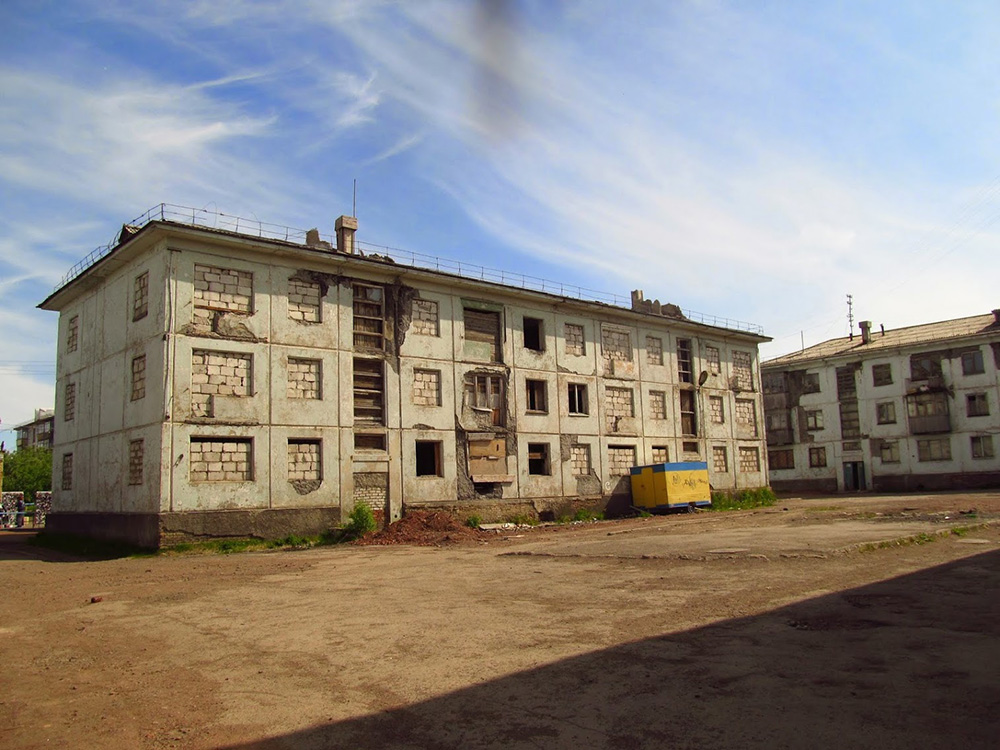
Such stories are not uncommon in Vorkuta. The descendents of more than half the residents ended up here via the system of correctional camps operating in this area during the era of Soviet leader Joseph Stalin. However, one of the darkest pages in the history of the country, paradoxically, had a beneficial effect on the development of the north.
"We can say that the best minds in the country were gathered here – scientists, engineers, and architects," Filippov says. "My grandfather decided to stay in Vorkuta after his release because he felt that his talents were needed in the city and he really became a respected person here. That's why I really like Vorkuta – because it was built by the hands of my family members."
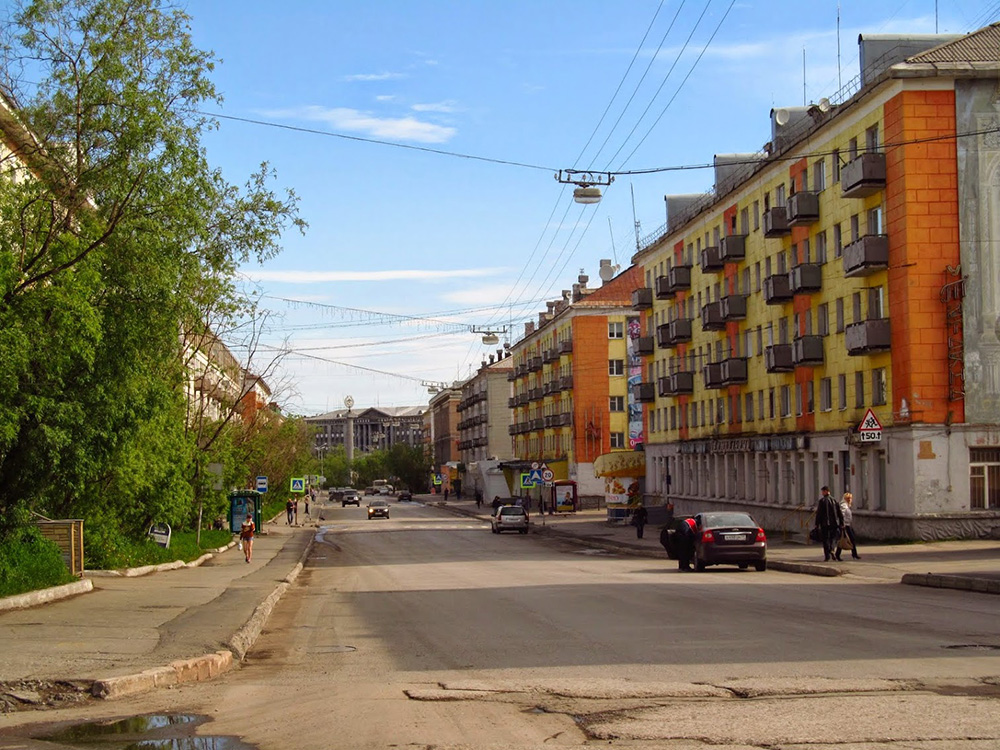
The history of Vorkuta is not only about the victory of the human spirit over the harsh northern nature, but also about how unstable life is in settlements where natural resources are extracted.
"During my childhood, coal was everything for the country," Filippov says. "There was even a separate Ministry of the Coal Industry. But then there were instructions from the top: coal was unprofitable and harmful to the environment and they began to reduce production and close mines everywhere. In the 1990s several mines were closed here all at once. Work and decent wages dried up, so people left for other regions."
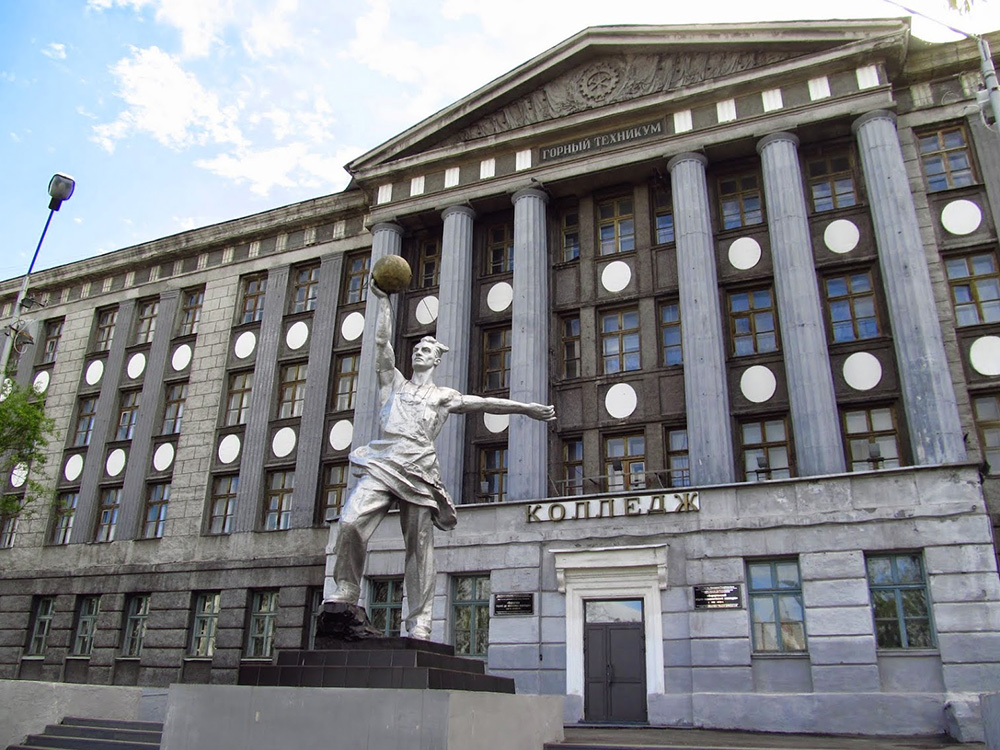
Several months ago, the entire country was shaken by an accident at the Severnaya mine near Vorkuta. Several dozen miners were buried under the rubble.
"Working under the ground is always a risk," Filippov says. "In the last accident, a friend of mine was killed and I have had to bury friends killed in the mines.”
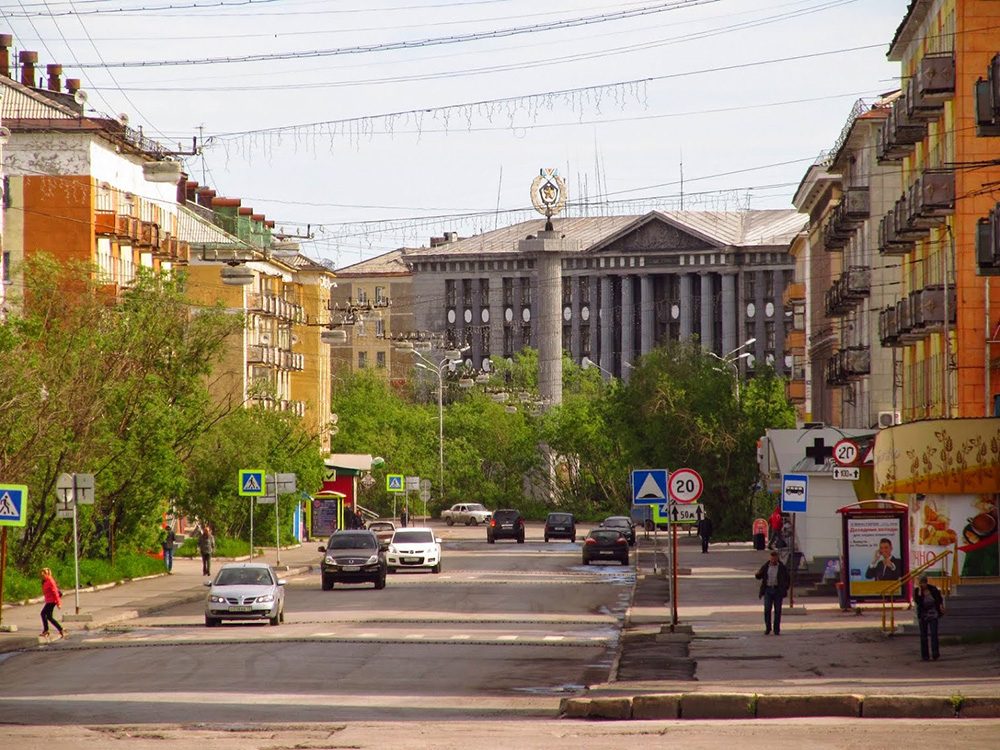
Filippov’s sister Valentina is married to a miner.
"Every day I find it harder and harder to let him go to work,” she says. “The mines are old and work in them is all the more dangerous. On television, they talk only about major accidents, but small ones happen all the time. But our men are forced to work underground, because there is almost no other work in the city."
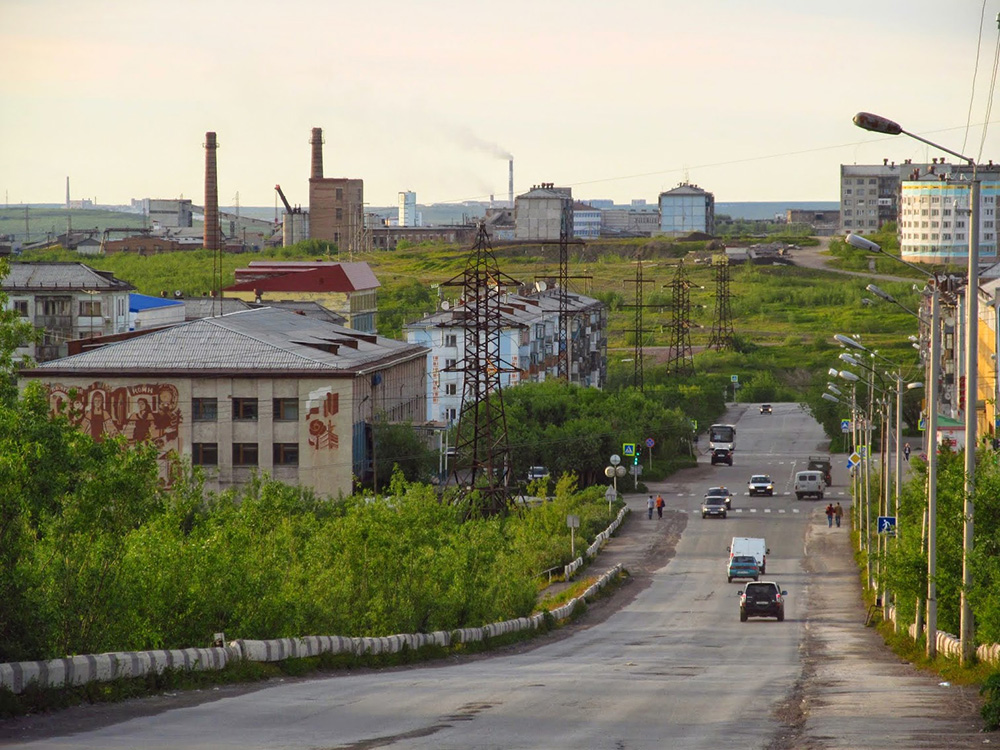
However, Vorkuta is still attractive to coal industry workers as in the north miners are paid twice as much due to the harsh climatic conditions. In recent years, many residents of Eastern Ukraine have moved to Vorkuta to escape the instability in that region. Donbass is a coal-mining area as well, so many skilled miners are among the new arrivals.
"I'm very happy that people from Donbass come to Vorkuta," Filippov says. "It has revived the city and given it hope for revival. I do not want people to leave Vorkuta. It's not yet time for the city to die.”
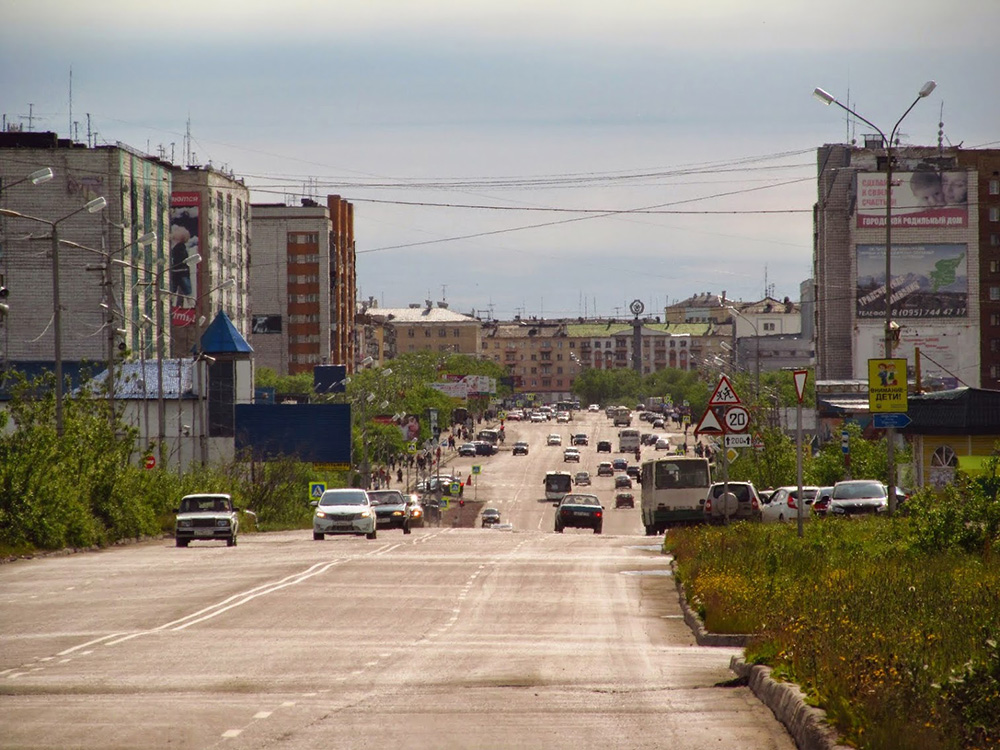
Anton Mozheiko, Filippov’s friend and neighbor, who lived for five years on the Norwegian archipelago of Svalbard and moved to Vorkuta a year and a half ago, agrees with him.
"On Svalbard, I fell in love with the North wholeheartedly, and when I returned to Donbass, I found nothing but explosions and destruction," he says.
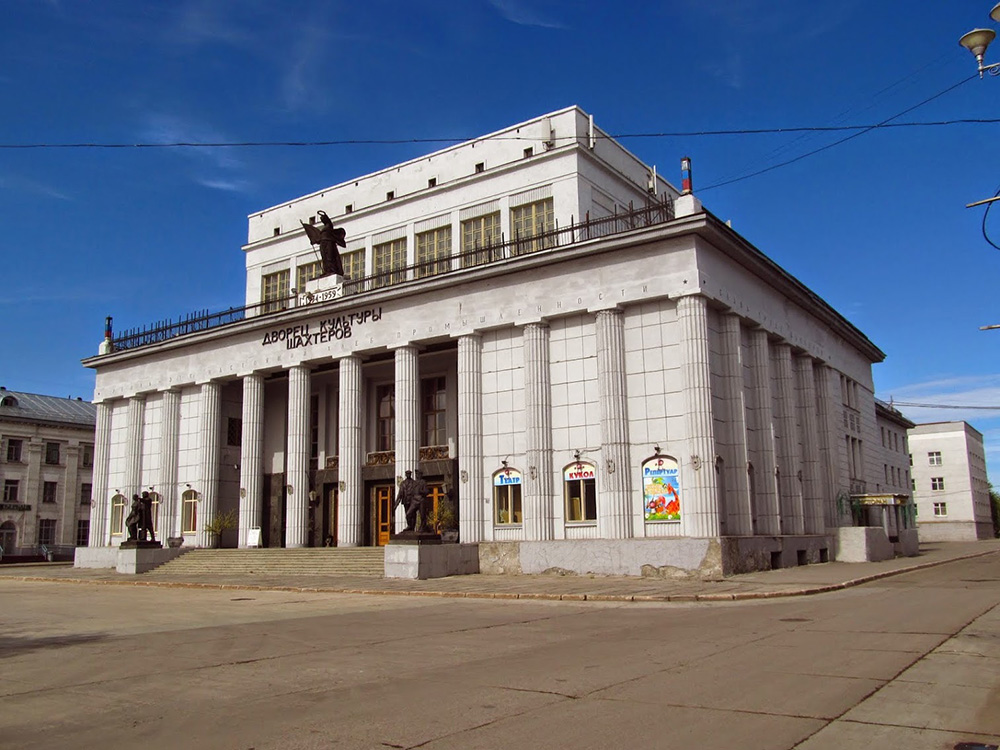
"So when I was offered the possibility to move to Vorkuta, it took just one day for my family and I to decide. There is enough work here, higher wages and, most importantly, in the north, people behave quite differently. There is much less conflict and all are ready to help each other. So, I think my family and I will stay in Vorkuta for a while longer."
All rights reserved by Rossiyskaya Gazeta.
Subscribe
to our newsletter!
Get the week's best stories straight to your inbox